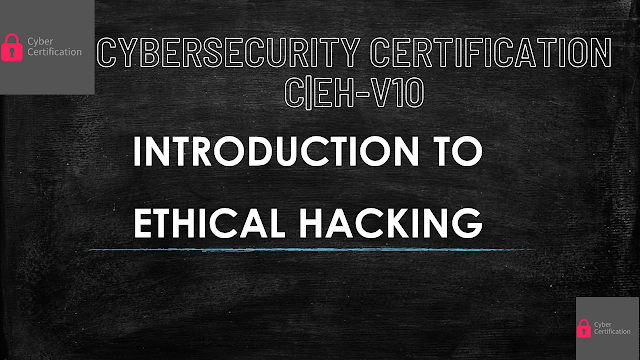Technology Brief
Information Security
Overview
Information security
ensures the confidentiality, integrity, & availability.
An organization without
security policies & appropriate security rules are at great risk, & the
confidential information & data related to that organization are not secure
in the absence of these security policies.
An organization along
well-defined security policies & procedures helps in protecting the assets
of that organization from unauthorized access & disclosures.
Essential Terminologies
HACK VALUE – This is a
value that denotes attractiveness, interest or something that is worthy.
ZERO-DAY ATTACK – This
refers to threats & vulnerabilities that can exploit the victim before the
developer identify or address & release patch for that vulnerability.
VULNERABILITY – IT refers
to a week point, loophole or a cause in any system, software, or network which
can be helpful & utilized by the attackers to go through it.
DAISY CHAINING – This is
a sequential (logical order) process of several hacking or attacking attempts
to gain access to network or systems, one after another, using the same
information & the information obtained from the previous attempt.
EXPLOIT – This is a
breach of security of a system through vulnerability, zero-day attack or any
other hacking techniques.
DOXING – This refers to
publishing information or a set of information associated with an individual.
PAYLOAD – In information
security, payload is a section or part of a malicious & exploited code that
causes potentially harmful activities & actions such as exploit, opening
back door, & hijacking.
BOT – These are software
that is used to control the target remotely to execute predefined tasks.
Elements of Information
Security
CONFIDENTIALITY
Confidentiality means
that only authorized user ca work with & see our infrastructure’s digital
resources.
It also means that
unauthorized user should not have any access to the data.
They are 2 to 3 types of data:
- Data at rest which can be encrypted at the storage level.
- Data in motion which can also be encrypted before transmission.
- Data in processing which can be protected with access control.
INTEGRITY
Integrity means only authorized parties
can modify data, systems, or network.
AVAILABILITY
Data & systems
must be available to the authorized users.
If authorized users cannot get the data
due to general network failure or denial-of-service (DOS) attack, then that is
a problem as long as the business is concerned.
AUTHENTICITY
The process of authentication through
the combined function of identities & passwords can achieve authenticity.
NON-REPUDIATION
Non-repudiation is one of the
Information Assurance (AS) pillars which guarantee the information transmission
& receiving between the sender & receiver via different techniques such
as digital signature & encryption.

Comments
Post a Comment